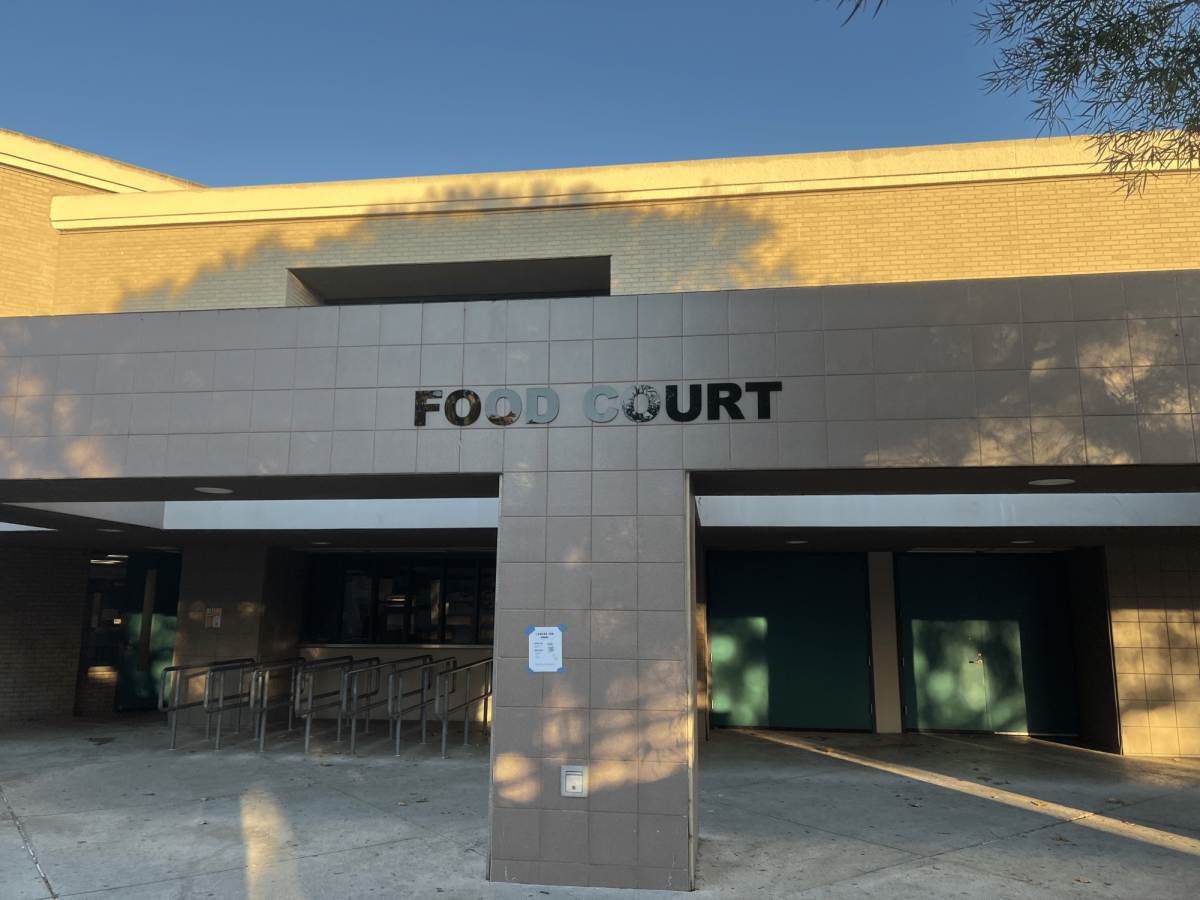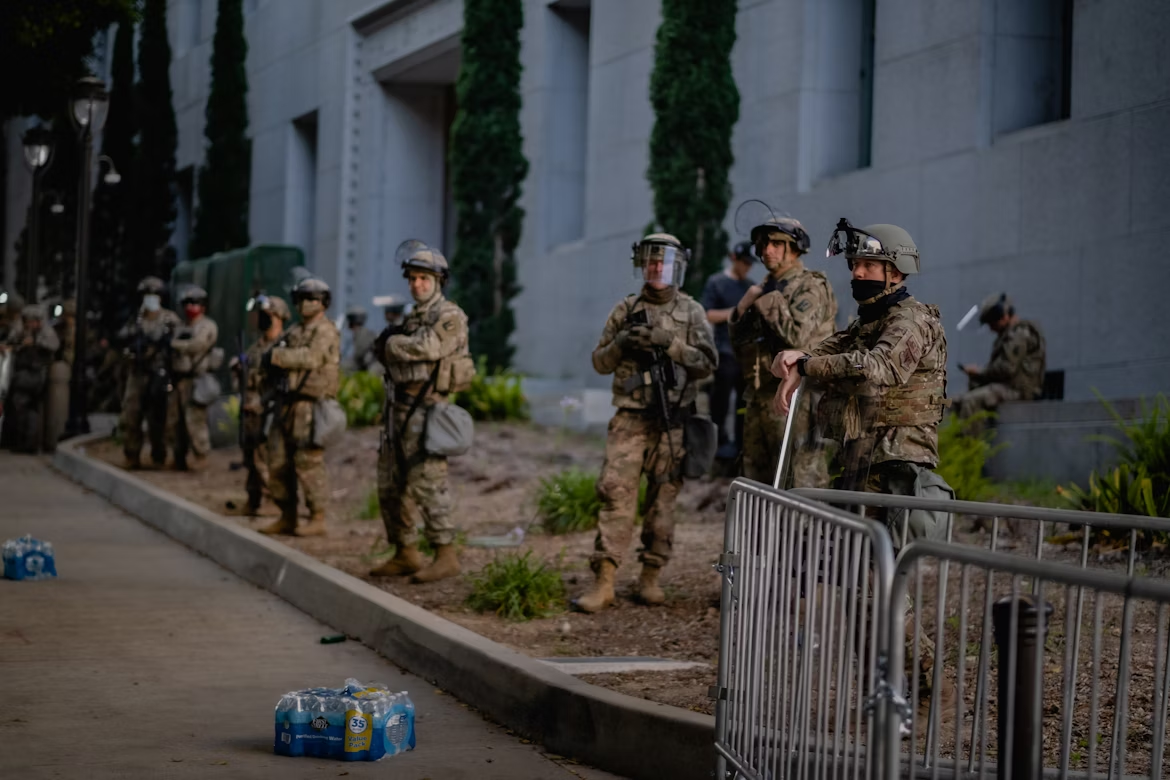When Assistant Principal Mr. Brosammer departed from Aliso Niguel High School on September 26, it marked the end of his 37 years in education and left the school community adjusting to life without one of its most familiar leaders. His departure has sparked conversation about how the school will move forward without replacing his position this year.
His absence created a noticeable gap in both the administrative team and the everyday rhythm of campus life. For years, students and teachers had grown used to seeing him walking the halls, checking in during lunch or cheering from the sidelines at after-school events. His departure didn’t just mark the loss of a colleague but the absence of a familiar and reassuring presence that has quietly shaped the culture of Aliso Niguel.
According to Assistant Principal Mrs. Hosseini, who worked closely with him, Mr. Brosammer was more than just an administrator. He was someone who made the campus feel smaller and more connected. His involvement stretched far beyond office responsibilities. He was known for his humor, approachability and ability to make students feel comfortable turning to him for guidance.
Mrs. Hosseini remarked, “Mr. Brosammer has been an incredible colleague, administrator on campus and I think his strength and superpower is his visibility. He was everywhere, his presence was helpful in promoting the behavior that we want to see from kids but also he was very generous with his help, time and support and he could always be counted on for a good joke.”
Her words reflect a quality that many students noticed too: that Brosammer’s leadership wasn’t about standing behind a desk but about showing up to classrooms, events and moments that mattered. His consistent visibility made him a symbol of both accountability and support, reminding students that their administrators were engaged in their day-to-day experiences.
That kind of presence, Hosseini explained, is difficult to replace. Unfortunately, the position itself will not be filled this school year due to changes in enrollment and district budgeting.
Mrs. Hosseini says, “He is not being replaced because our school is not as big as it once was. At one point we had about 3,200 students and now we have around 2,500. Because our numbers have dropped, we’re not able to fill that position. It’s a budgeting decision from the district level.”
This explanation points to a larger trend in public education: as schools experience fluctuating enrollment, administrative roles sometimes have to be adjusted even when those roles carry clear value to a school community. While the decision makes sense from a budgetary perspective, the reality of losing a hands-on administrator has inevitably affected daily operations.
The change has meant that the remaining administrators have had to divide responsibilities more broadly, taking on additional work to ensure that student needs are still being met.
Mrs. Hosseini says,“The work is still there. Very much there, so now instead of dividing our population across three administrators, we’re dividing it across two.”
She explained that both she and Assistant Principal Mrs. Wegner now oversee larger portions of the alphabet, handling more student cases and parent communication than before.
Despite the added workload, Mrs. Hosseini emphasized that maintaining student support has remained the administration’s top priority.
Mrs. Hosseini says, “When we looked at how we redistributed those responsibilities, meeting student needs was still at the top of our priority list. The things that are less visible or less impactful are the items we’re not prioritizing as much but we have to prioritize student needs because that’s literally what Student Services is about.”
Her comments highlight how the team is focusing its energy on what matters most: the immediate wellbeing of students. In a school the size of Aliso Niguel, even small scheduling or staffing changes can affect how quickly students receive help. That awareness has guided the administration’s approach as they continue to adjust to the shift.








